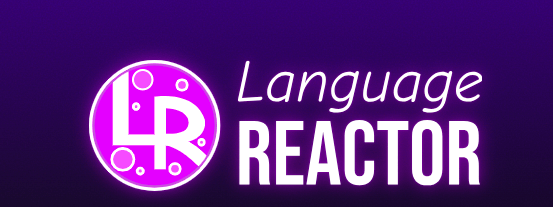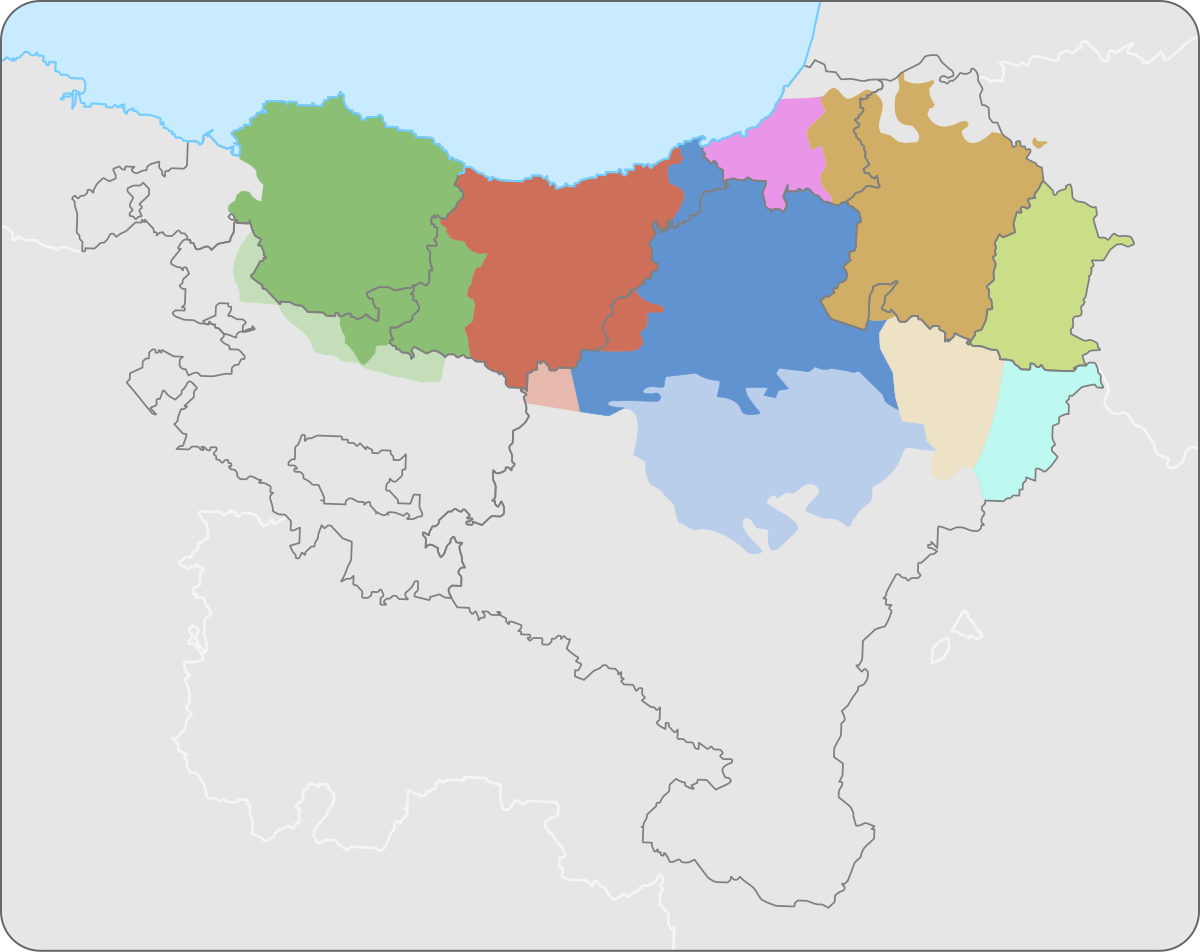Think you need to move abroad to sound fluent? Not quite.
This week’s newsletter shows you how to fake immersion from your sofa, uncover a Japanese word for your book-buying habit, and explore why word order can literally reshape how you think.
Plus, the dining customs you didn’t know could cause a cultural faux pas, and a curious fact about languages that skip plurals entirely.
Ready to make your everyday routine your best teacher yet? Let’s dive in 👇
Quick Language Tip of the Week
The 10-Minute Immersion Hack
If you can’t live abroad, fake it digitally.
For ten minutes a day, switch every device you use into your target language: phone, Spotify, Netflix, Google Maps, even your weather app.
Why it works
Your brain adapts fast when context changes around you. Seeing your language woven into everyday life builds instinct and recall, not just vocabulary.
Pro tip: Don’t translate everything you see - guess first. Your brain remembers better when it works things out through context.
Word or Phrase Spotlight
Word Spotlight: “Tsundoku” (Japanese)
Literal meaning: “Letting books pile up without reading them.”
Pronunciation: tsun-DO-ku
It describes the habit of buying or collecting books you intend to read one day.
Why it’s fascinating
It’s not negative in Japanese culture; it shows curiosity and optimism about learning. A “tsundoku” stack isn’t guilt; it’s potential knowledge waiting its turn.
Use it like this: “My bookshelf is pure tsundoku at this point.”
Understanding Linguistics
Why Word Order Shapes Thought
Languages arrange information differently, and that changes how we focus.
For example:
English: The cat chased the dog. (subject–verb–object)
Japanese: Cat dog chased. (subject–object–verb)
Hawaiian: Chased the cat, the dog. (verb–subject–object)
Each structure subtly shifts attention to who’s acting, what’s happening, or where it happens. Word order is more than grammar; it’s a window into cognitive priorities.
Language Learning Tool of the Week
Language Reactor (Chrome Extension)
What it is
A Netflix and YouTube extension that shows dual subtitles, translations, and word breakdowns while you watch.
How it works
You can pause, hover for definitions, and instantly save new words to your list without leaving the show.
Why it’s brilliant
It blends fun and study seamlessly. You’re watching, not “studying”, but your brain can’t help absorbing grammar and rhythm.
Pro tip: Pick shows you’ve already seen in English. You’ll understand context easily and can focus on how things are actually said.
Did You Know?
Basque, spoken in northern Spain and southwestern France, is a complete linguistic mystery.
It has no known relatives, living or dead, and its origins predate the spread of Indo-European languages across Europe.
In other words, it’s a linguistic time capsule, a reminder that not every language fits neatly on a family tree.
Know More About Culture
The Unspoken Rules of Dining Abroad
Table manners are their own kind of language and they change drastically across cultures.
Japan: Never stick your chopsticks upright in rice, it resembles a funeral ritual.
France: Keep your hands visible on the table (but elbows off). Hiding them in your lap can seem secretive.
Middle East: Always eat with your right hand; the left is considered impolite for food.
Thailand: Don’t use your fork to put food in your mouth, it’s for pushing food onto your spoon.
Travel tip: Before travelling, look up local table customs. You’ll earn instant respect and avoid awkward moments faster than any “thank you” in the right accent.
Fun Linguistic Fact
Some Languages Don’t Have Plurals
In languages like Indonesian and Burmese, plural meaning comes from context, not grammar.
For example:
In Indonesian, buku can mean “book” or “books”, no change needed. You only add banyak (“many”) if you want to stress quantity.
It’s a brilliant reminder that languages prioritise clarity differently. English loves detail, others love simplicity.
Join the Conversation
What’s your favourite example of how language reflects culture? Share your thoughts with our community on Facebook, X, and LinkedIn.
When you share Language Learners Hub, you’re not just inviting friends. You’re helping us create more free tools and resources for everyone.
What’s possible through referrals:
Pronunciation Cheat Sheet — available now for all members.
Mini Masterclass Video Pack — coming soon.
The Polyglot’s Private Collection — coming soon.



